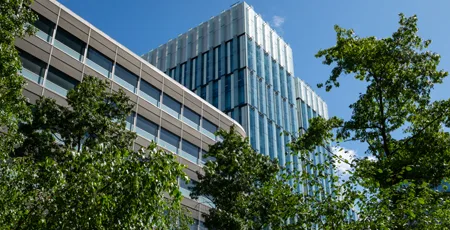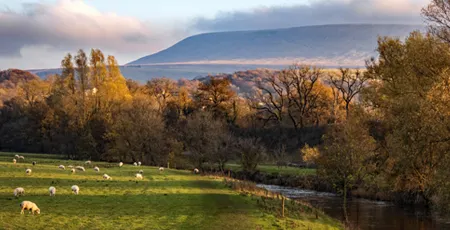Peer Support
What mental health peer strategies work and how do you evidence them?
Earlier this year the National Forum for Wellbeing at Work, based at AMBS, held its first event on mental health first aid in London.
Chairing the day’s debate, Peter Cheese, CEO of the CIPD, said that mental health had become the most critical area of debate within the well-being space, a debate that has been accentuated by the pandemic.
As he said: "During the pandemic the whole debate around mental health and well-being really started to accelerate as we started asking each other exactly how we were. So, we have reached a point where we have raised the visibility of mental health and the importance of recognising the duty of care we have as employers.
“But we also know that this has a direct business impact and an impact on productivity too, because one of the primary long-term causes of absence at work is stress and mental health. So, when it comes to mental health peer support the question is what interventions make the biggest difference, and what are the outcomes of these interventions?”
Research
Delegates heard that actual workplace research on mental health first aid was very limited. During her presentation Dr. Susannah Robertson-Hart from Healthy Work Psychology said one of the few pieces or research in this area had been conducted by the Health and Safety Executive in 2018.
That study looked at the summary of evidence on the effectiveness of MHFA (Mental Health First Aid) training in the workplace, and found no evidence that the introduction of MHFA training had improved the organisational management of mental health in workplaces.
Our event also featured a panel discussion chaired by Charles Alberts from law firm Clifford Chance which hosted the event. He joined fellow panellists Dr Arun Iyer from Health Partners, Duncan Spencer from the Institution of Occupational Safety and Health, former Rolls Royce Global Mental Health Lead Dr Stephanie Fitzgerald, Kris Auld from Lloyds Banking Group, and Alastair Woodland from Clifford Chance.
During the pandemic the whole debate around mental health and well-being really started to accelerate as we started asking each other exactly how we were.
Best practice
The event helped identify the key issues organisations face in terms of their approach to mental health peer support.
Sharing best practice, as well as having a critical debate about what works, helps identify what we know so far and where we need to go from here. It is clear from Dr. Robertson-Hart’s review that there is a long way to go to establish a robust evidence base.
It was great to hear the expert panel discuss some of the key issues organisations face in their approach to mental health peer support, such as how to set the right boundaries and support colleagues.
Discussing how to implement mental health peer support on a global level, and how to develop a tailored approach and integrate peer support into wider mental health strategies, also offered valuable insights and food for thought.
During the day case study videos of best practice around MHFA were also shown. Speakers included: Andy Rhodes, Service Director, Oscar Kilo, The National Police Wellbeing Service; Bruce Greenhalgh, Senior Specialist Health and Wellbeing at BT Group; Karl Simons, former Chief Safety and Health Officer at Thames Water; Ruth Pott, Head of Workplace Wellbeing at BAM; Laura Sartin, Head of Health Safety and Wellbeing UK at AON; and Lee Crowley, Global VP Wellbeing at Barclays.





